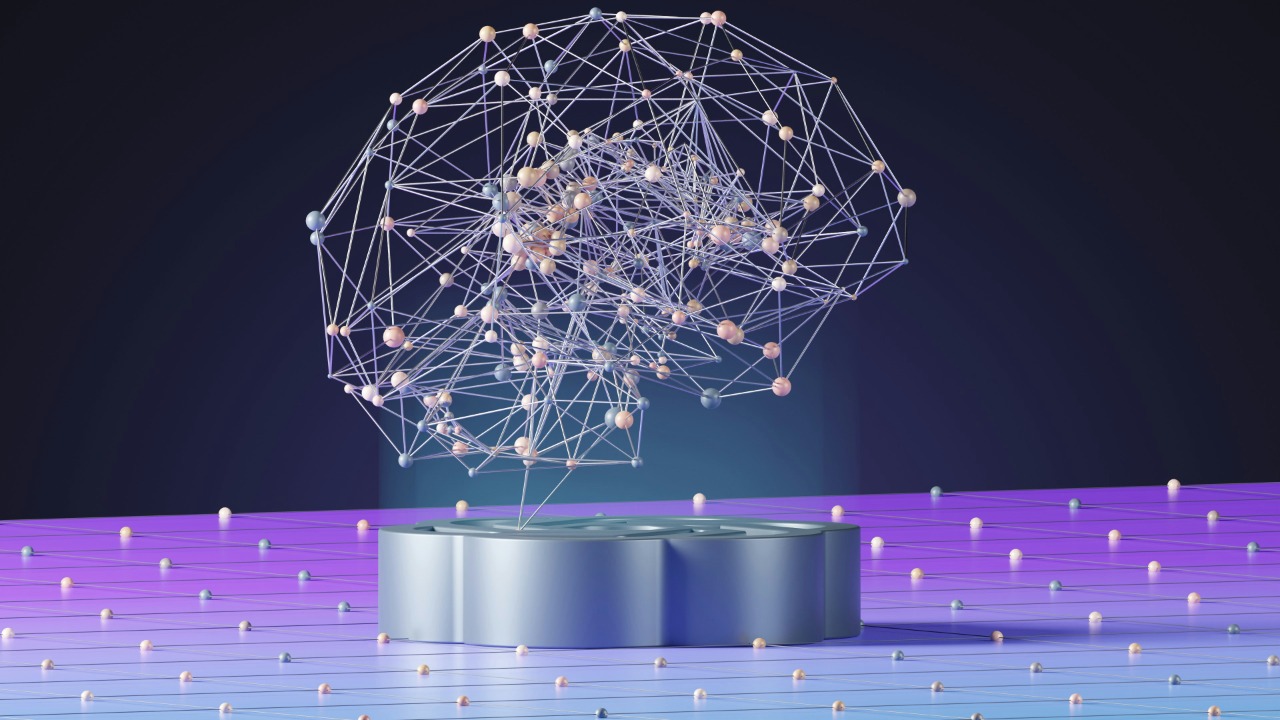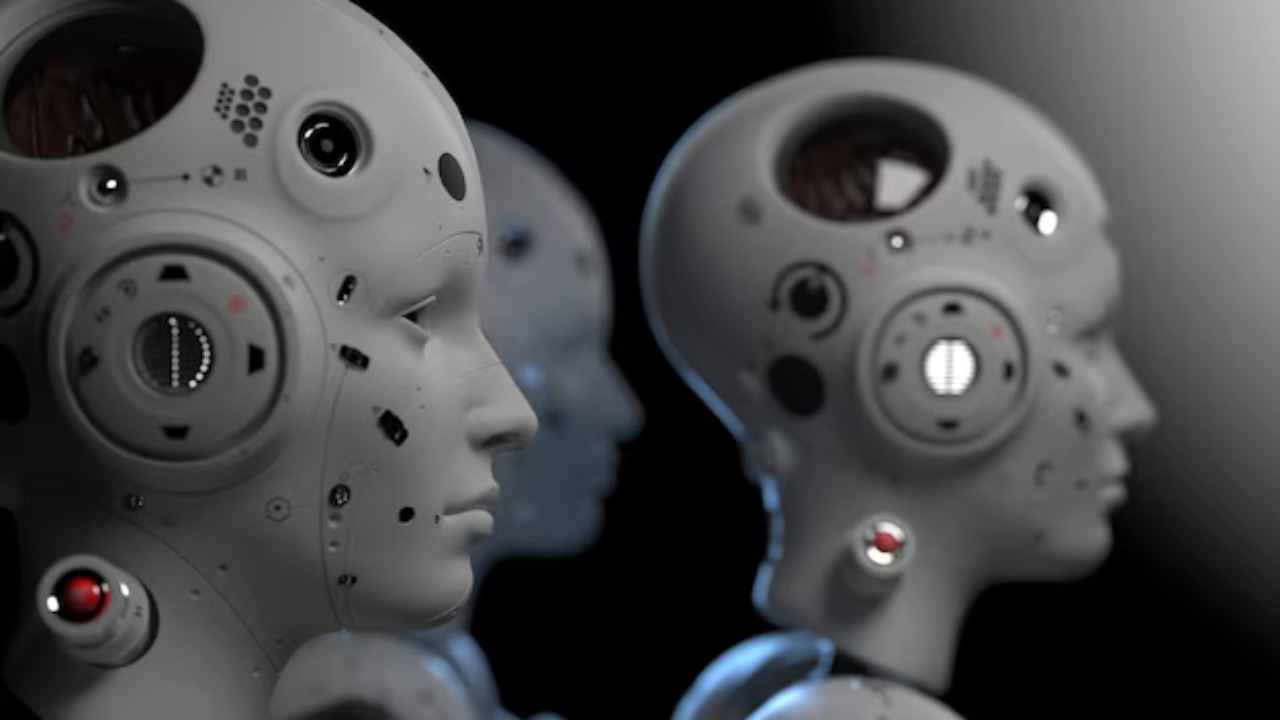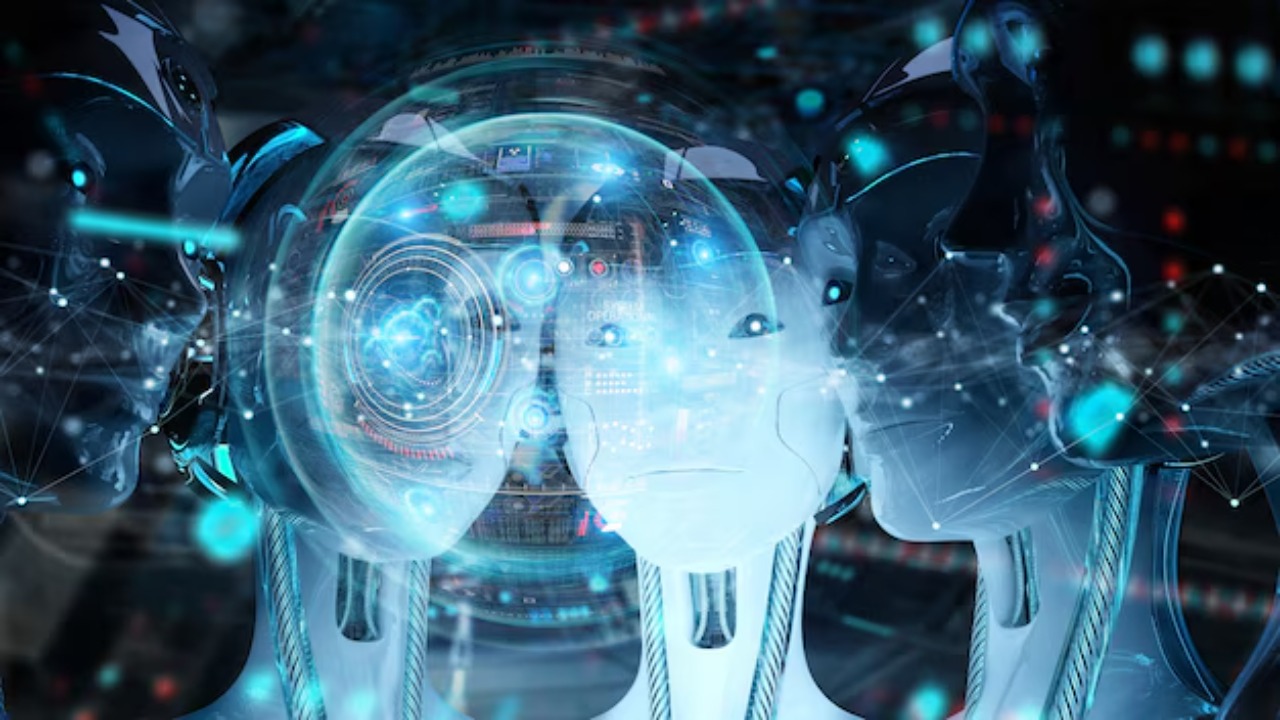
In the rapidly evolving landscape of artificial intelligence, a new frontier is emerging where AI systems can learn simply by observing human behavior. This novel approach enables AI to enhance its capabilities by watching users type, opening a world of potential applications and raising important questions about privacy and ethical considerations.
The Evolution of AI Learning Models

The journey of artificial intelligence has seen a remarkable transition from supervised learning models that rely on labeled data to more advanced systems capable of autonomous learning. This shift is exemplified by recent breakthroughs in observation-based learning, where AI systems learn not from explicit instructions but by observing human interactions. Such models aim to mimic human-like learning processes, moving away from the constraints of traditional methodologies.
Observation-based learning represents a significant leap forward. As highlighted in the Harvard EdCast, these models are designed to learn by watching, much like a child learns from watching adults. This approach not only broadens the scope of AI learning but also enhances its ability to adapt to new and complex environments without the need for vast quantities of labeled data.
Applications and Impacts of Typing-Observation AI

The advent of AI that learns from typing has the potential to revolutionize user interfaces by making them more intuitive and responsive. By predicting user needs, such AI systems can streamline interactions, offering suggestions and automating routine tasks, thereby enhancing the overall user experience. These improvements could lead to more personalized and efficient digital environments.
In the realm of education, the impact of such AI systems could be transformative. According to insights from Harvard’s examination of AI’s role in children’s development, observation-based AI could redefine educational tools and methods. By understanding the nuances of how students interact with their learning materials, AI could offer tailored educational experiences that cater to individual learning styles and needs, potentially enhancing educational outcomes.
Ethical Considerations and Privacy Concerns

With the ability to observe and learn from user behavior comes a host of data privacy issues. The challenge lies in ensuring that user data is protected while still allowing AI systems to learn effectively. This balance is crucial, as the potential for misuse of personal data is a significant concern that needs to be addressed through robust data security measures.
The ethical dilemmas posed by observation-based AI systems are complex. As discussed in research on fooling deep learning models, there is a need to balance innovation with ethical considerations. Ensuring that AI systems are transparent and accountable is essential to prevent potential biases and errors that could arise from the data they observe and learn from.
Challenges in Implementing Observation-Based AI

Creating AI systems that can accurately learn from observation is fraught with technical hurdles. These challenges include developing algorithms that can effectively interpret and learn from the vast and varied data generated by human interactions. Recent publications from ACM highlight the difficulties researchers face in refining these algorithms to ensure accuracy and reliability.
Additionally, addressing bias and errors in observation data is crucial for the success of these systems. Bias in the data can lead to skewed learning outcomes, which can have significant implications for how AI systems function. Implementing strategies to mitigate these issues is essential to ensure that observation-based AI systems operate fairly and effectively.
Future Prospects and Research Directions

The future of observation-based AI holds exciting possibilities. As AI systems continue to evolve, their capabilities are expected to expand beyond typing to a range of industry applications. Speculating on these developments, it’s clear that sectors such as healthcare, finance, and customer service could benefit significantly from AI that learns by observation, enhancing efficiency and personalization.
Ongoing research efforts are focused on overcoming existing limitations and pushing the boundaries of what AI can learn from human behavior. As highlighted in recent research, there is a concerted effort to refine observation-based learning models, ensuring they are robust and adaptable to a multitude of scenarios. The future of AI is undoubtedly bright, with observation-based learning paving the way for more intuitive and human-like artificial intelligence systems.